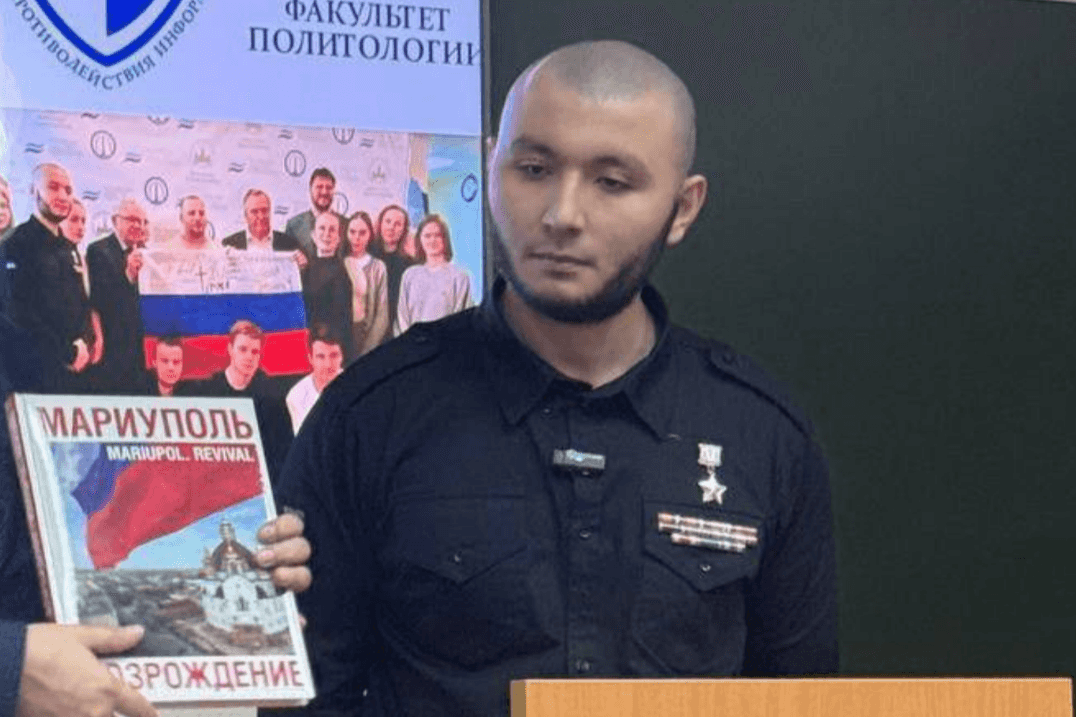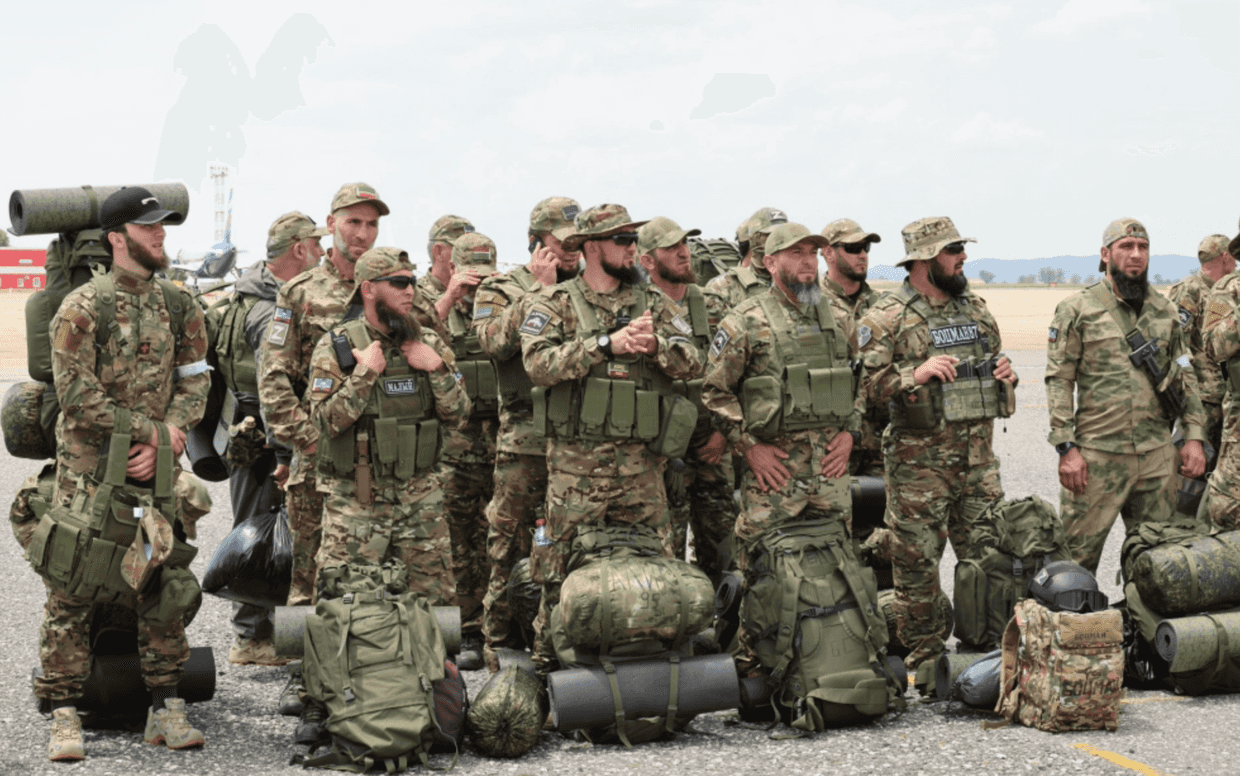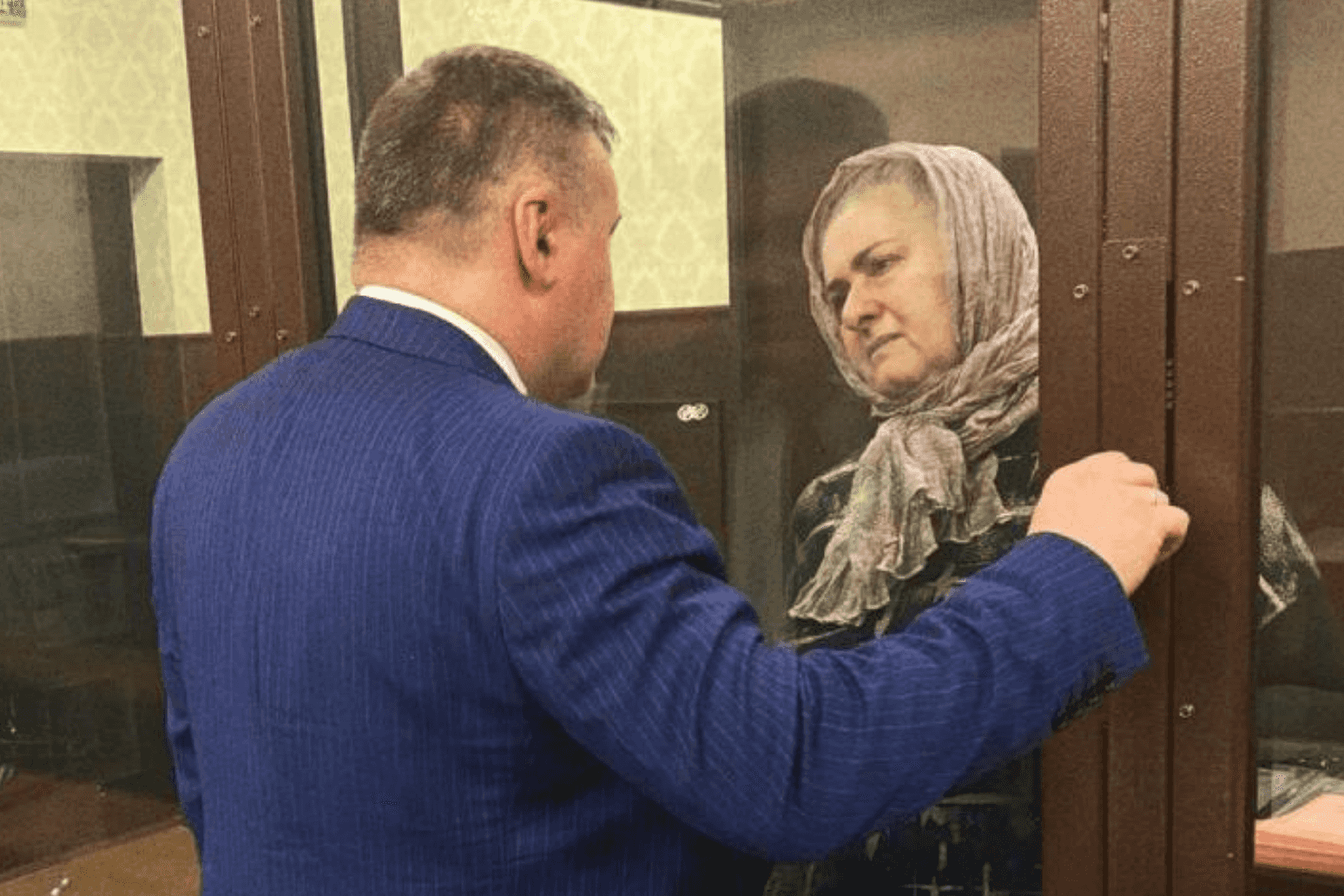
Russia has banned at least 10 North Caucasian national organisations, declaring them ‘extremist and terrorist’ groups.
On 25 July, Russia’s Justice Ministry updated its list of ‘extremist organisations’ to include the organisations, after a 7 June ruling by the Supreme Court declaring the ‘Anti Russian Separatist Movement’ an extremist organisation. At the time, no explanation was provided regarding what the movement referred to, aside from its description as an ‘international public movement for the destruction of multinational unity and territorial integrity of Russia’ and a list of organisations that belonged to it.
Four days later, the federal financial monitoring service added the organisations to their list of ‘extremists and terrorists’, including Daghestani, Chechen, Ingush, and Circassian national associations. The organisations’ inclusion on the list entails an immediate ban on their operation.
The North Caucasian organisations included the Circassian Congress, the Circassian Cultural Centre, the Council of United Circassia, the Human Rights Centre Ichkeria, the Free Circassia movement, the Ingush Independence Committee, the government of the Chechen Republic of Ichkeria in exile, the World Chechen Congress, the Daghestan National Centre, Free Daghestan, and the Caucasian Union.
According to Magomed Torijev, a member of the Ingush Independence Committee, the move aims to exert pressure on independence fighters.
‘I believe that this decision is connected with the fact that Russia is preparing a legal basis for fighting national liberation movements, but in the Russian legal field, so to speak’, Torijev told OC Media. ‘To bombard the interior ministries of other countries with numerous requests for these or those fighters for the independence of their peoples from Russia and demand their extradition, and then public trials and this demonstration of the power of the Russian state, which will certainly give huge sentences to these people.’
Mustafa Canbek, the secretary general of the Council of United Circassia, similarly suggests that Russia is attempting to influence activists outside of the country’s borders as well as within them.
‘The current move can also be seen as a move to prevent Circassians living in the homeland or the diaspora from embracing the idea of independence. They may slow down the strengthening of the idea of independence for a while, but they will no longer be able to prevent the idea of independence from being adopted by the masses. Neither the pro-Russian Circassian organisations nor Russian institutions such as the FSB, which adopt terror as a method, will be able to prevent this’, said Canbek.
Members and leaders of the organisations can already be prosecuted under the article on ‘organising the activities of an extremist organisation’, which threatens imprisonment for six to 10 years.
But Canbek and Torijev maintain that the ban will not affect their work.
‘This will not affect [our] activities in any way’, says Torijev. ‘I don’t see any ways for Russia to influence [our work] today except if they start conducting force operations to kill people who advocate independence. Nothing else can be done in the legal field of Russia [at this point], only physical elimination.’
The decision to declare the organisations extremist was made after Ukraine’s Parliament submitted a bill on Kyiv’s policy regarding national movements in Russia.
[Read more: Ukraine’s parliament registers bill on supporting anti-colonial movements in Russia ]
Canbek suggests that the Justice Ministry declaration may be related to the Ukrainian bill, and Ukraine’s long-term work with Russian national organisations.
‘In this way, Russia may want to present Ukraine as a state that cooperates with terrorist organisations on international platforms’, he says.
Torijev, however, believes that this is not directly connected, but suggests that the Ukrainian bill could have hastened the process of making this decision.
Canbek too suggests that the move is in any case not unexpected.
‘[In this environment] it is natural for people to be defined as “threats” when they fight to defend their rights’, says Canbek. ‘Our Council has developed cooperation with many national movements and we continue to struggle in solidarity. We understand each other and as people who know best what Russian oppression is, it is not difficult for us to understand each other. Because Russia is an existential threat to all the nations it occupies.’
‘Those who can see this threat are fighting against Russian imperialism. Those who do not want to see this threat are just waiting for the day they can no longer ignore it.’








